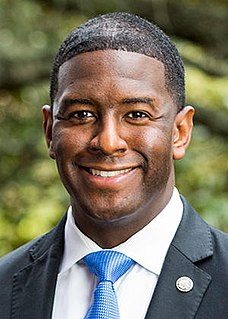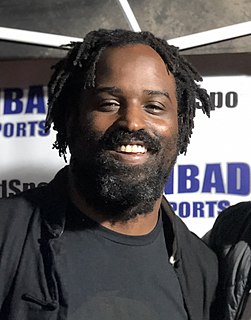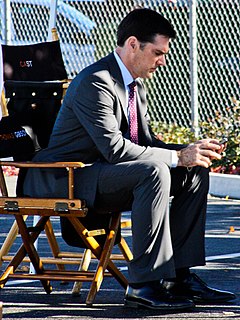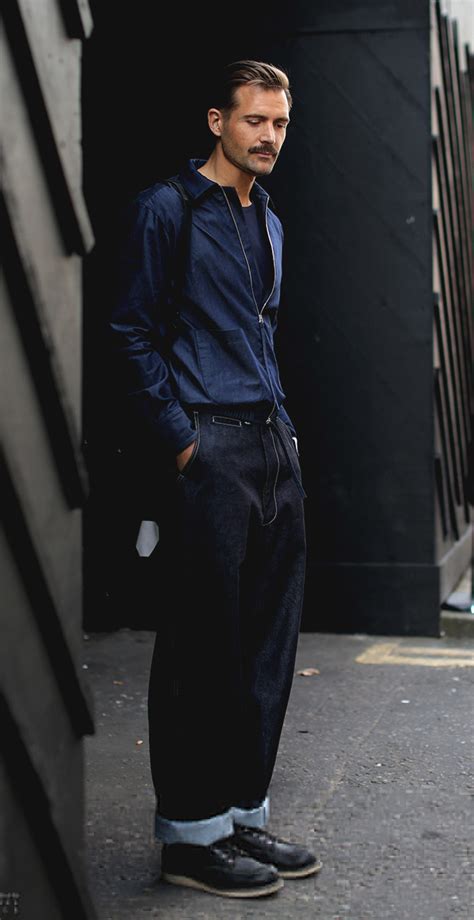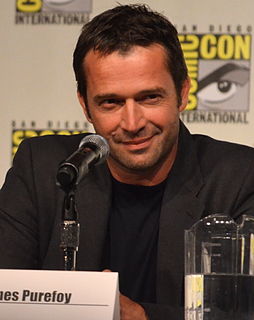A Quote by Andrew Gillum
It's really interesting when I go into a community where they haven't seen me before because I often get, 'I didn't know you were black.'
Related Quotes
I'm one of the people who believes that our losses were greater than our gains. Because before the Civil Rights movement we had entrepreneurship in the black community. Right now, in Harlem, if I wanted to get a shoe repaired, I would have a hard time finding a black shoe repairman. On near about every third corner, you could find a decent black barber, decent black laundry, had restaurants in the neighborhood that were open 24 hours. The food was good at 3 o'clock in the morning as at 3 o'clock in the afternoon.
Adults who loved and knew me, on many occasions sat me down and told me that I was black. As you could imagine, this had a profound impact on me and soon became my truth. Every friend I had was black; my girlfriends were black. I was seen as black, treated as black, and endured constant overt racism as a young black teenager.
I am not a Republican, nor a Democrat, nor an American, and got sense enough to know it. I am one of the 22 million black victims of the Democrats, and one of the 22 million black victims of the Republicans, and one of the 22 million black victims of Americanism... You and I have never seen democracy; all we've seen is hypocracy... If you go to jail, so what? If you're black, you were born in jail. If you're black, you were born in jail, in the North as well as the South. Stop talking about the South. Long as you south of the Canadian border, you're south.
I know there's a CSI game. I've never seen it, though, so I'm not really sure. I hope it's interesting. I hope that they've done a good job making it, but because I've never seen it, the jury is still out on whether it's interesting or not. But it is funny to imagine that it's been turned into a game.
Any really good scientist is as much an artist as a scientist. All the interesting stuff is found on the edge between knowing and not knowing. I know that sounds like a meditation teacher speaking, but when you're in the laboratory, or you're theorizing about physics, you need to know what you know, but if you can't get out from under that, you won't be able to make that insightful, first-time connection that nobody else has seen before.
The mistake many people make when they go to a bespoke tailor is they often think they need to do something special - either an interesting design feature, or a particularly interesting or unique-looking cloth. I say do the opposite. Stick to something really simple, because this will be a suit that you will really want to wear, so start with something very straightforward and you will get an enormous amount of joy wearing it.
That's how I am and how I've always looked at the world. I understood what the pavilions were before I came to Venice, and I knew that wasn't going to be enough for me. I wanted to extend this conversation into something I call urgency. There is urgency with people in crisis. Some communities - often the black community - just live in this urgency.
In the past, there has been a stigma surrounding community colleges, where they were seen as a less viable option because they are not four-year universities. I know differently and so do the millions of people across the country who have received an affordable, quality higher education at community college.
The thing is, if people get it right away, I just don't think you're making art. I think you're making something they're comfortable with. You have to challenge people. You know, it has to be new. It has to be something they haven't seen before. Just bring them something they haven't seen before. They aren't going to love it right away because they haven't seen it before. So they have to take a minute, you know?
